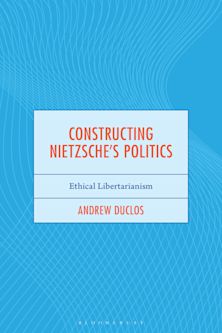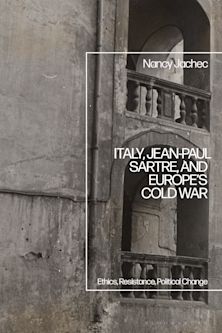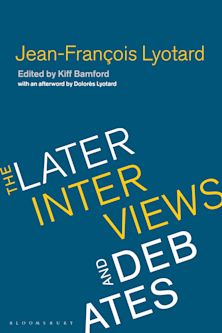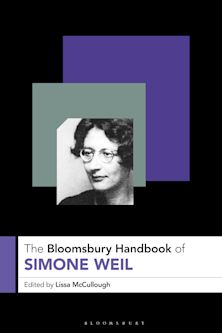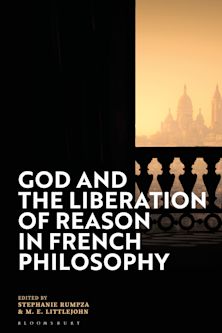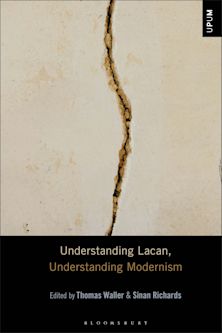- Home
- ACADEMIC
- Philosophy
- Continental Philosophy
- Deleuze and the Meaning of Life
You must sign in to add this item to your wishlist. Please sign in or create an account
Description
The intensification of interest in Deleuze over the last decade has coincided with the end of the linguistic paradigm in both continental and analytic philosophy. Indeed, the division between the two traditions appears to be closing and the philosophy of Gilles Deleuze seems to be crucial to this convergence, as he is both indebted to the phenomenological tradition at the same time as he operates with concepts drawn from the sciences. Claire Colebrook explores these ideas and offers a new and alternative assessment of Deleuze's contribution to philosophy. She argues that while Deleuze does draw upon sciences that explain the emergence of language, art and philosophy, his own thought is distinguished by a discontinuist thesis: systems may emerge from tendencies of life but always have the capacity to operate without reference to their original aim. Colebrook makes new claims regarding how Deleuze's philosophy might be used to read contemporary art and thus offers an original and crucial contribution to the Deleuzian debate.
Table of Contents
1. Brain, System, Model: The Affective Turn
2. Vitalism and Theoria
3. Inorganic Art
4. Inorganic Vitalism
5. The Vital Order After Theory
6.On Becoming
7. Living Systems, Extended Minds, Gaia
Conclusion
Product details
| Published | 20 Oct 2011 |
|---|---|
| Format | Ebook (Epub & Mobi) |
| Edition | 1st |
| Extent | 208 |
| ISBN | 9781441121158 |
| Imprint | Continuum |
| Series | Continuum Studies in Continental Philosophy |
| Publisher | Bloomsbury Publishing |
About the contributors
Reviews
-
"Claire Colebrook has provided a dazzling articulation of a new line of vitalism, a fundamentally passive vitalism, that always puts life out of alignment with itself and that affirms the virtual forces of becoming-other that inhere in life. This is a breathtaking and daring book that challenges us to think about how life is to be rethought and how its contours may help us to rethink philosophy." - Elizabeth Grosz, Rutgers University, USA

ONLINE RESOURCES
Bloomsbury Collections
This book is available on Bloomsbury Collections where your library has access.













